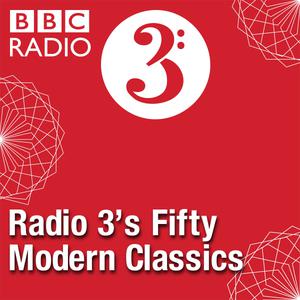
Radio 3's Fifty Modern Classics
BBC
Artists, musicians and composers introduce fifty key pieces of classical music composed between 1950 and 2000. As featured in the BBC Radio 3 programme, Hear & Now.
- 10 minutes 36 secondsWitold Lutoslawski's Jeux Venitiens
Conductor and composer Esa-Pekka Salonen celebrates the music of Polish composer Witold Lutoslawski and his landmark work from the early 1960s, Jeux Venitiens. Writer Paul Griffiths explains how the composer used chance within the score to create rhythmic complexity; and we hear from Lutoslawski himself, in conversation with Thea Musgrave in 1973.
25 November 2012, 12:03 am - 12 minutes 2 secondsBernhard Lang's Differenz/Wiederholung 2
Composer Matthew Shlomowitz makes the case for Austrian composer Bernhard Lang’s Differenz/Wiederholung 2, a setting of texts by Gilles Deleuze, William Burroughs and Christian Loidl. Commentator Graham McKenzie highlights the jagged soundworld of this music, and the composer’s use of repetition.
18 November 2012, 12:03 am - 11 minutes 24 secondsEliane Radigue's Songs of Milarepa
Author and journalist Rob Young nominates French composer Eliane Radigue's Songs of Milarepa, which combines drone-like electronics with the voices of Lama Kunga Rinpoche and Robert Ashley singing and reading the words of the 11th-century Tibetan Buddhist poet Jetsun Milarepa. With commentary from Richard Whitelaw, Head of Programmes at Sound and Music.
11 November 2012, 12:10 am - 11 minutes 37 secondsHeiner Goebbels's Surrogate Cities
Hear and Now presenter Sara Mohr-Pietsch celebrates the music of German composer Heiner Goebbels, focusing on the Suite for Sampler and Orchestra from his 1994 cycle Surrogate Cities. Commentary comes from Graham McKenzie of the Huddersfield Contemporary Music Festival, and we also hear the voice of the composer himself.
4 November 2012, 12:10 am - 12 minutes 22 secondsGerard Grisey's Partiels
Composer Julian Anderson singles out Partiels for orchestra, from French spectralist Gerard Grisey’s cycle of works Les Espaces Acoustiques. With commentary from writer Paul Griffiths.
27 October 2012, 11:10 pm - 9 minutes 32 secondsIgor Stravinsky's Requiem Canticles
Composer John Woolrich nominates Stravinsky's last completed work with orchestra, Requiem Canticles. Commentator Paul Griffiths explains how this sparsely scored "pocket requiem", written in 1966 in a modern serial style, contains many of the hallmarks of his very earliest pieces.
20 October 2012, 11:10 pm - 12 minutes 48 secondsPer Norgard's Symphony No.2
Novelist and critic Philip Hensher makes the case for Per Norgard's Symphony No.2, one of the first works in which the Danish composer used his own 'infinity series' to determine melody and form. With commentary from Paul Griffiths.
13 October 2012, 11:10 pm - 13 minutes 11 secondsJohn Zorn's Carny
Critic and Hear and Now presenter Tom Service nominates American composer John Zorn’s Carny, a work for solo piano from 1989. The piece assembles a wide range of musical quotations and genres, juxtaposing Stockhausen and Bartok with cartoon music and boogie woogie. Author and journalist Rob Young provides some background to the work and to Zorn himself, a highly regarded improviser and producer as well as composer.
6 October 2012, 11:10 pm - 12 minutes 53 secondsJean Barraque's Chant apres chant
Pianist Nicolas Hodges nominates Jean Barraque's Chant apres chant, one of just a handful of surviving works by this contemporary of Boulez and Stockhausen whose death in 1973 at the age of 45 robbed the contemporary music world of one of its most innovative and deeply expressive voices. With commentary from writer Paul Griffiths.
29 September 2012, 11:10 pm - 11 minutes 29 secondsAlvin Lucier's I am sitting in a room
Sound artist Kaffe Matthews on Alvin Lucier’s I am sitting in a room and how it’s provided an inspiration for her own work in the field of site specific music; David Toop explains how the piece explores both the acoustic properties of enclosed spaces and the complexities of the human voice; and we hear from the composer himself about his approach to live performance.
22 September 2012, 11:10 pm - 11 minutes 15 secondsGyorgy Kurtag's Officium Breve
Critic and Hear and Now presenter Ivan Hewett nominates Hungarian composer Gyorgy Kurtag's Officium Breve in memoriam Andreae Szervanszky for string quartet. With commentary from writer Paul Griffiths.
15 September 2012, 11:10 pm - More Episodes? Get the App
Your feedback is valuable to us. Should you encounter any bugs, glitches, lack of functionality or other problems, please email us on [email protected] or join Moon.FM Telegram Group where you can talk directly to the dev team who are happy to answer any queries.
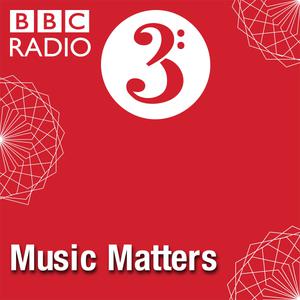 Music Matters
Music Matters
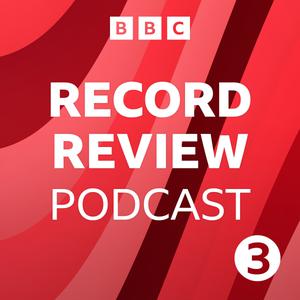 Record Review Podcast
Record Review Podcast
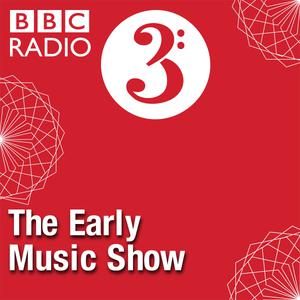 The Early Music Show
The Early Music Show
 In Tune Highlights
In Tune Highlights
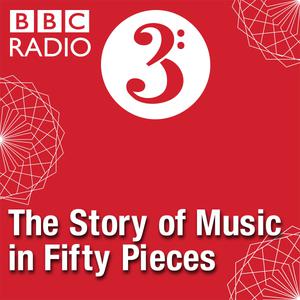 The Story of Music in Fifty Pieces
The Story of Music in Fifty Pieces
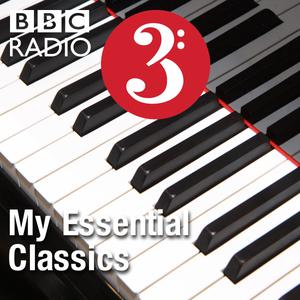 My Classical Favourites
My Classical Favourites